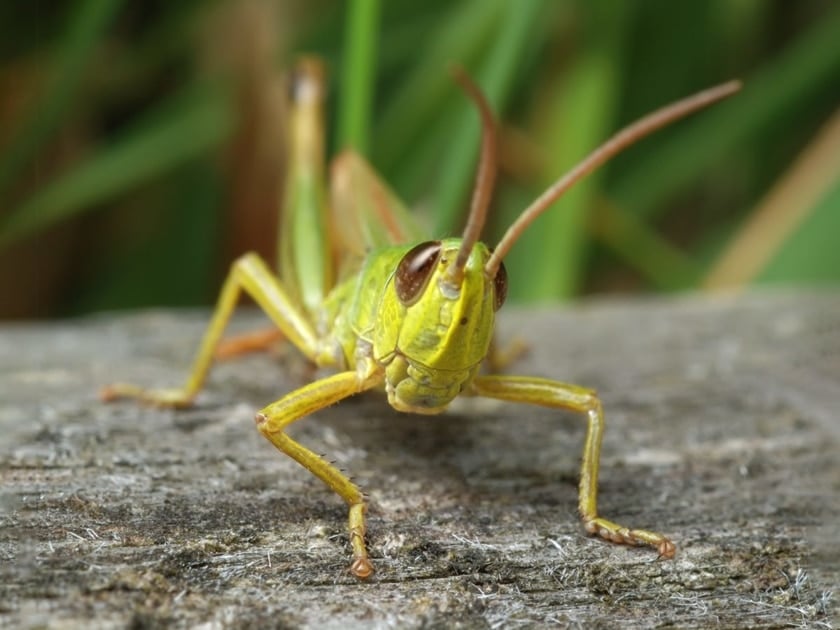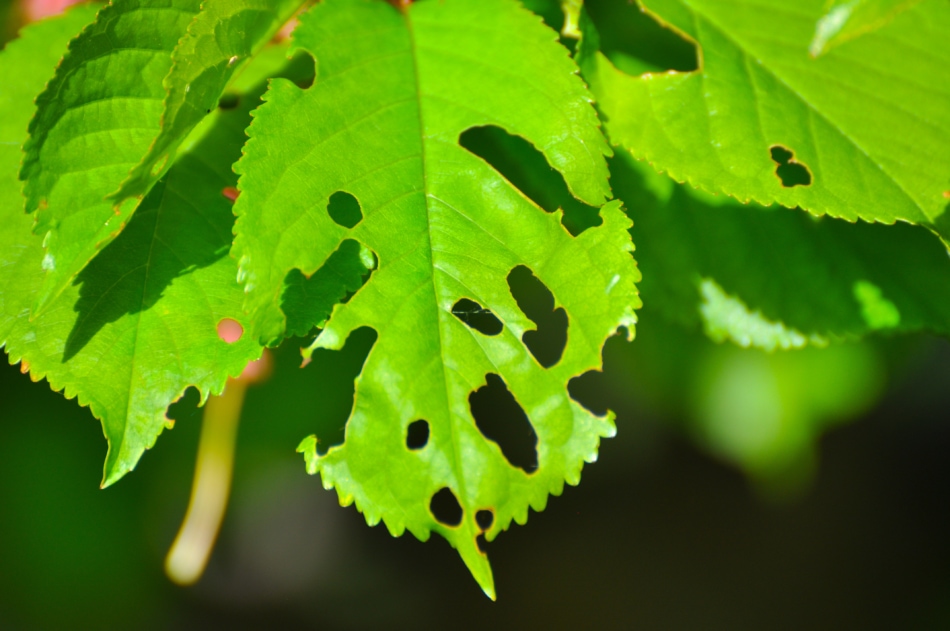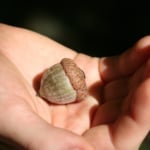Are Grasshoppers Good or Bad?
Grasshoppers seem like fun, nice bugs, but they aren't so good for your garden. For many cultures, they are a symbol of abundance and courage, but in reality they are generally considered to be pests. Want to learn how to safeguard your garden from them? Read more important info after the jump.

If you’re seeing a handful of grasshoppers in your garden, don’t fret. They are a sign of natural biodiversity. If you’re finding a lot, however, you may want to take some necessary steps to preserve your precious greens. Also, according to some scientists, seeing grasshoppers in large numbers may predict a summer drought. Read more.
Unfortunately, Grasshoppers Are Pests
While some insects help to pollinate plant life, grasshoppers mostly just feed on it. The average grasshopper eats 16 times its body weight every day. So, having a few may be harmless, but any more than that could devastate for your garden.

Getting Rid Of Grasshoppers
Grasshoppers are not picky eaters. They munch on almost every stem and leaf, but there are certain flowers that deter them: forsythia, verbena, and lilac. And they tend not to like these vegetables: squash, peas, and tomatoes. So, if you’d like to prevent the hungry hoppers, include those in your garden plans.
Grasshoppers also hate garlic. Its sulfur and allicin compounds interfere with its sensory receptors. (Check out our garlic growing guide.) While you’re waiting for your garlic to sprout up, you can make your own organic pesticide with a couple of cloves from the market: Steep a spoonful of minced garlic and an equal part of dish soap in a teakettle’s worth of boiling water for 15 minutes. Then put a cup of the brew in a spray bottle, fill the rest with fresh water, and spray it on affected areas.
Additionally, mow grass and weed regularly to discourage grasshoppers from sticking around. Open areas make it easier for birds (especially great crested flycatchers and wild turkeys) to find and eat grasshoppers.
If your grasshopper problem is particularly bad, consider raising chickens or ducks on your property. They’re a great source of fresh eggs and they love to go after grasshoppers!
Not ready for chickens and ducks? Place some bird houses on your property to encourage local feathery friends to stop over and hold court.
Can Grasshoppers Predict A Drought?
Some environmental scientists in the early 1900s found that certain outbursts of grasshoppers were followed by summer droughts in the United States, so be on the lookout! Observations like these may be important to bear in mind—as well as the Famers’ Almanac summer forecast—to prepare for any additional watering needs this year.

Larry Fleury
Larry Fleury is a writer and outdoor photographer who has a background in atmospheric science, marketing, astrophotography, creative writing, and all things outdoors. His photography has been featured by The Weather Channel, Midwest Living Magazine, and National Geographic Your Shot. Larry lives on the edge of the Ozark Mountain Range in Southeast Kansas, where he spends his free time fishing, camping, hunting, hiking, storm chasing, and playing guitar on the porch.





